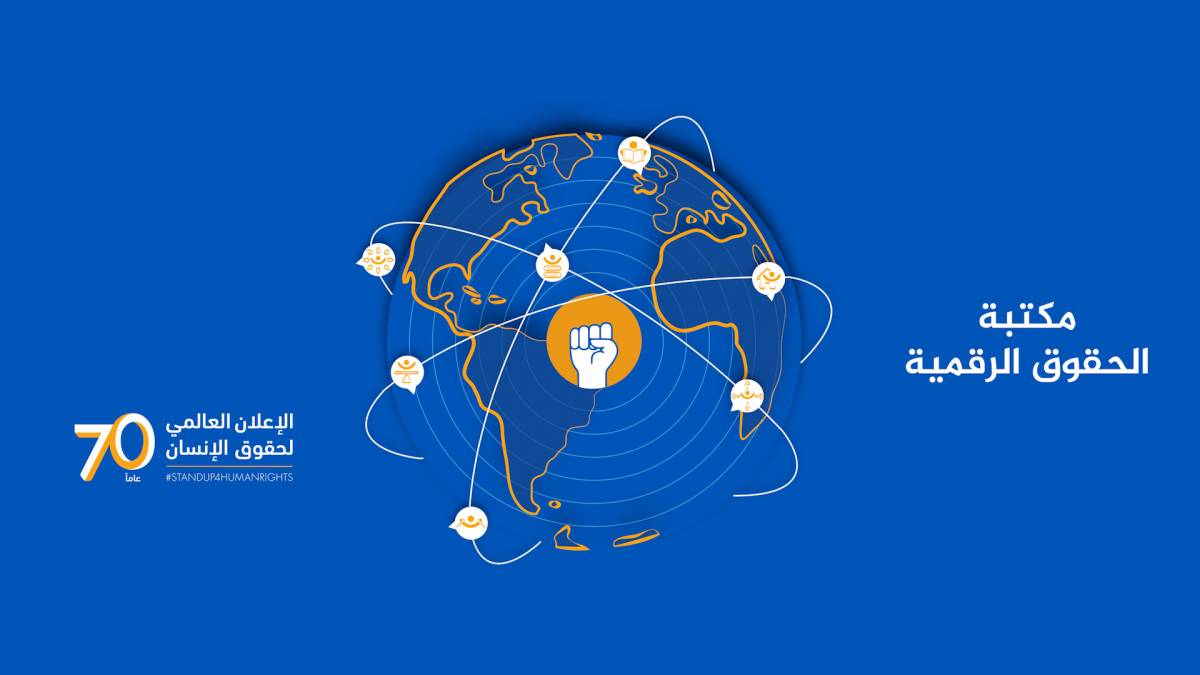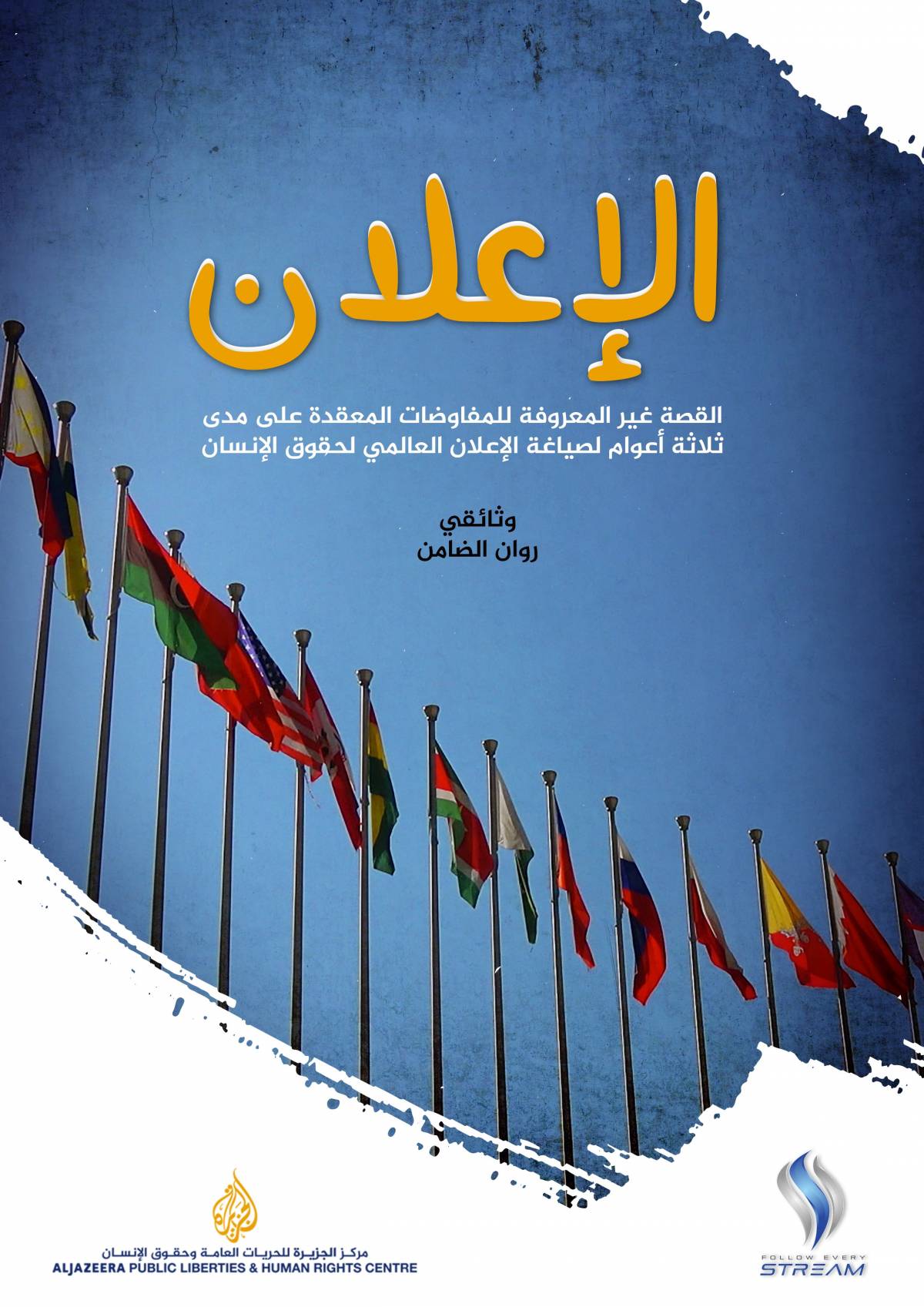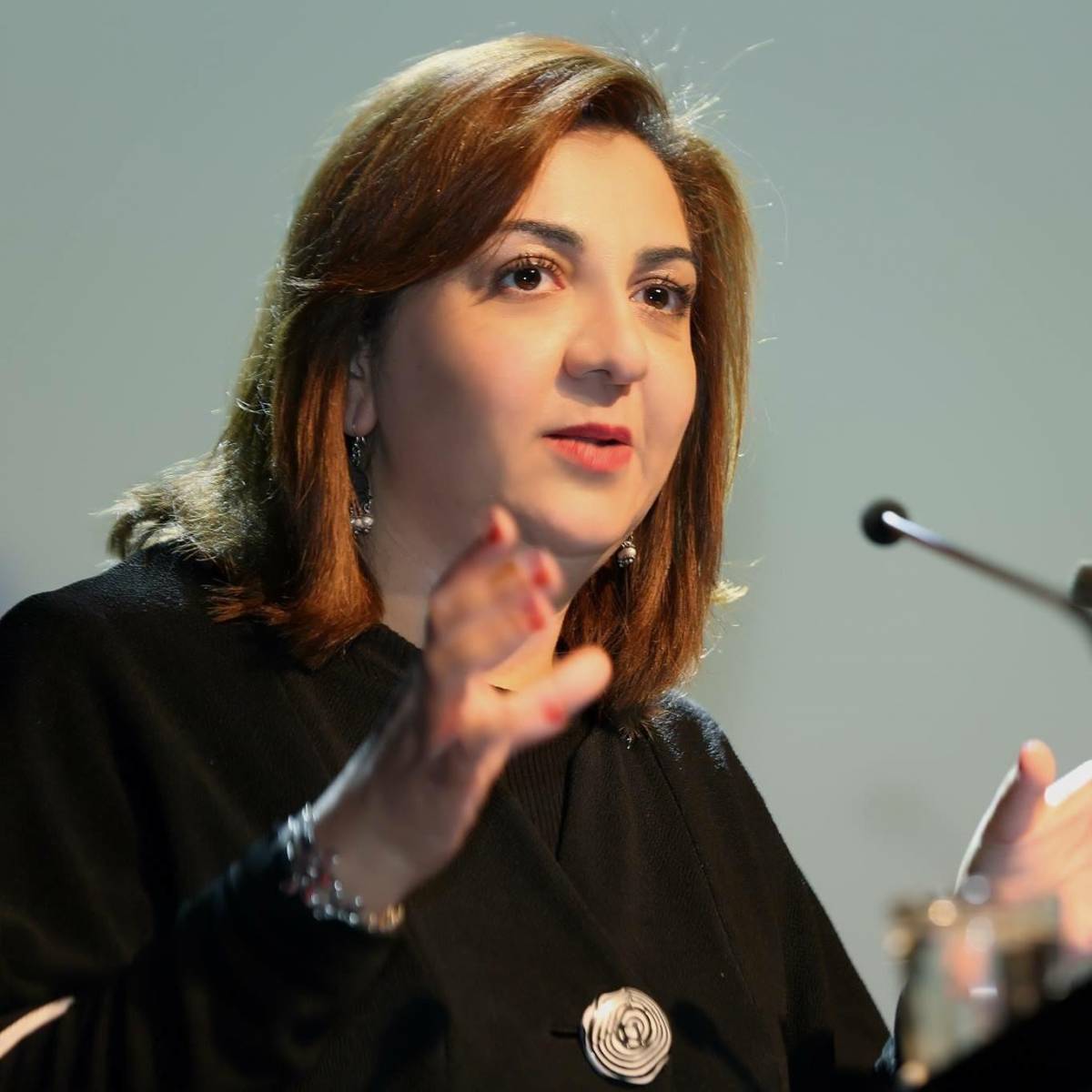Media Library

Overview of the Digital Library for Human Rights
With the aim of bringing the concepts of the Universal Declaration of Human Rights closer to the public, the digital platform contains six types of content. The first is virtual reality, addressing the human rights situation in the city of Jerusalem as an example of violations around the world. The second is a documentary on the declaration, presenting in both Arabic and English the story of the drafting of the Universal Declaration of Human Rights. The third is animated content, providing a visual explanation in Arabic, English, and French for fifteen articles of the Universal Declaration of Human Rights. The fourth section consists of static designs, offering a detailed visual and written explanation in Arabic and English for fifteen articles of the declaration. Any organization or human rights team worldwide can use the materials in the third and fourth sections to educate their targeted audience about the content and meanings of the Universal Declaration of Human Rights. The fifth section covers promotions, featuring ten promotions for the digital platform and a campaign for the seventieth anniversary of the Universal Declaration of Human Rights. The sixth and final section compiles over two hundred documents from the United Nations, including meeting minutes, messages, and discussions held between 1945 and 1948 leading to the formulation of the Universal Declaration of Human Rights worldwide. The Digital Human Rights Platform is considered the first of its kind in the Arab world

A film that tells the untold story of the drafting of the Universal Declaration of Human Rights and the complex negotiations spanning three years from 1945 to 1948. More than 250 representatives from over 55 countries participated in these negotiations. The film sheds light on the role of small and developing countries in shaping the declaration, highlighting the contributions of nations such as Cuba, Panama, Chile, Lebanon, India, and Pakistan in formulating key articles of the most important document on human rights to this day

About
Rawan Al Damen
The director of Stream Foundation for Media Consultations, specialized in documentary, television, and digital programming. She has directed and produced over 25 documentaries translated into several languages, earning international awards. She serves as a member of judging panels for various Arab and international festivals and awards. She was awarded the Media Creativity Award by the Arab Thought Foundation in Beirut (December 2015). She holds a Master’s degree with honors in Media and Communication from the University of Leeds in the United Kingdom, obtained in 2003
About the Film
Director Rawan Al-Damen said: “Over the past fifteen years, I have completed several documentaries about human rights violations in Palestine. When I began researching the story of this work, and how the world arrived at the text of the Universal Declaration of Human Rights seventy years ago, like many others, I imagined that the original text was crafted by the major powers, and we, the countries of the third world, had no role in it. However, I was surprised. As I studied for over a year and a half, reviewing more than two hundred documents from the late 1940s, I discovered that dozens of politicians, intellectuals, and activists from third world countries, from India to Chile, were actively involved in defending human rights and formulating a text that would become the most famous in the world on human rights, a benchmark for all the weak and those whose rights are violated.”
On the visual and directorial side, Al-Damen, with her extensive experience in directing and producing documentaries, including series like ‘Al-Nakba,’ ‘Owners of the Land,’ and ‘The Price of Oslo,’ explained: ‘Directing a work about the formulation of a document was not easy, as there were no images of the discussions and meetings where the formulation took place, and all the protagonists are deceased and no longer present.’ She added: ‘It was a visual challenge of how to use documents, archives, and filming in symbolic international locations to present a comprehensible and engaging story at the same time.’
Trailer
Short copy
Introduction to the Universal Declaration of Human Rights
Since recognition of the inherent dignity and the equal and inalienable rights of all members of the human family is the foundation of freedom, justice, and peace in the world.
And since disregard and contempt for human rights have resulted in barbarous acts that have outraged the conscience of mankind, and the advent of a world in which individuals shall enjoy freedom of speech and belief and freedom from fear and want has been proclaimed as the highest aspiration of the common people.
And since it is essential that the rights of human beings be protected by the rule of law, so that people shall not be compelled to have recourse, as a last resort, to rebellion against tyranny and oppression.
And since it is essential to promote the development of friendly relations between nations.
And since the peoples of the United Nations have reaffirmed their faith in fundamental human rights and in the dignity and worth of the human person, and have determined to promote social progress and better standards of life in larger freedom.
And since Member States have pledged themselves to cooperate with the United Nations in the promotion of universal respect for and observance of human rights and fundamental freedoms.
And since a common understanding of these rights and freedoms is of the greatest importance for the full realization of this pledge.
Now, therefore, the General Assembly proclaims this Universal Declaration of Human Rights as a common standard of achievement for all peoples and all nations, to the end that every individual and every organ of society, keeping this Declaration constantly in mind, shall strive by teaching and education to promote respect for these rights and freedoms and by progressive measures, national and international, to secure their universal and effective recognition and observance, both among the peoples of Member States themselves and among the peoples of territories under their jurisdiction
Material One
All people are born free and equal in dignity and rights. They are endowed with reason and conscience and should act towards one another in a spirit of brotherhood
Material Two
Everyone is entitled to all the rights and freedoms set forth in this Declaration, without distinction of any kind, such as race, color, sex, language, religion, political or other opinion, national or social origin, property, birth, or other status. Furthermore, no distinction shall be made on the basis of the political, jurisdictional, or international status of the country or territory to which a person belongs, whether it be independent, trust, non-self-governing or under any other limitation of sovereignty.
